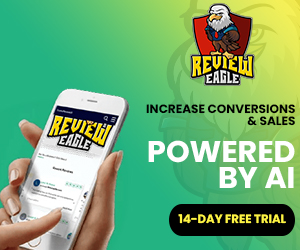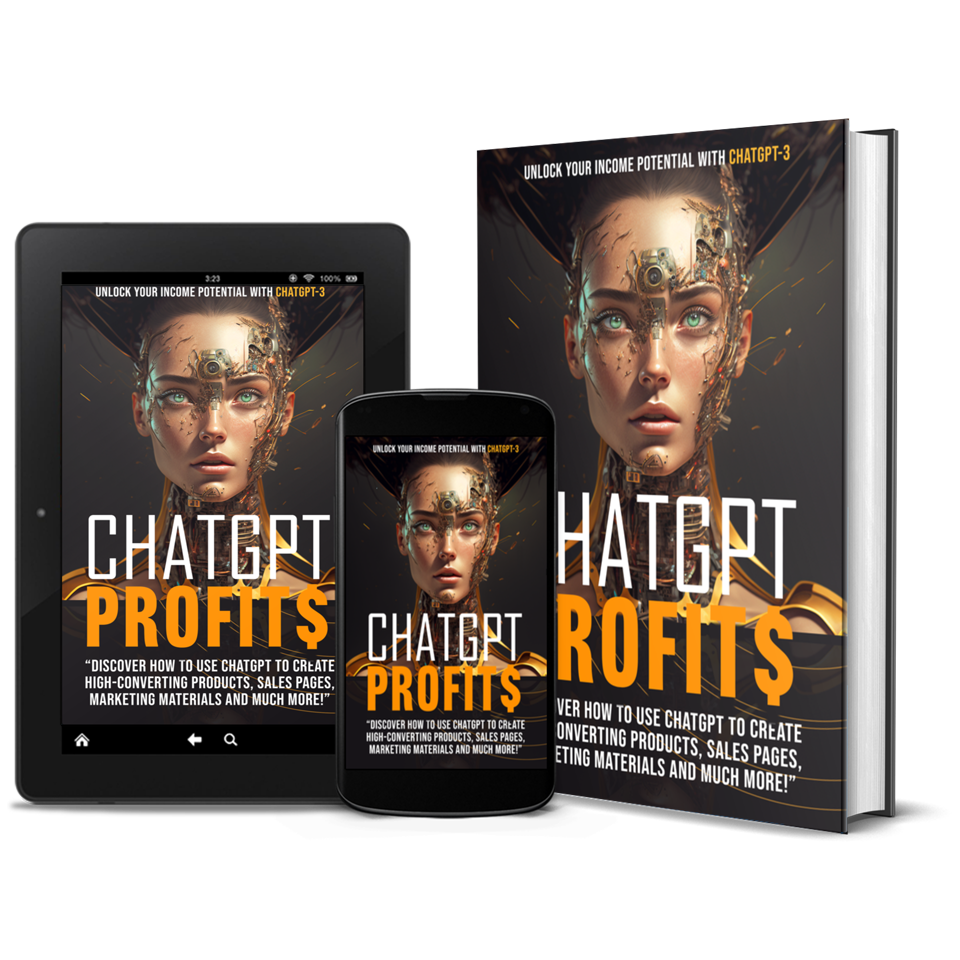Having a high-performing and user-friendly website is crucial for businesses to stay competitive. In this blog post, we will delve deep into the world of website optimization, exploring the key pillars of speed, SEO, and user experience, and how they intertwine to create a seamless online journey for your visitors.
Slow-loading websites not only deter potential customers but also have a negative impact on search engine rankings. We will unravel the intricacies of website speed optimization, providing you with practical tips and tools to ensure your website loads at lightning speed, captivating your audience and encouraging them to explore further. But it doesn’t stop there. SEO (Search Engine Optimization) is another essential aspect of website optimization that cannot be overlooked.
Understanding the ins and outs of SEO can be overwhelming, but fear not! In this guide, we will break it down for you, equipping you with the knowledge to optimize your website’s content, structure, and technical aspects, so that search engines can’t resist ranking your site higher in search results. While speed and SEO are undeniably crucial, user experience takes center stage in building a website that leaves a lasting impression. We will explore how design, navigation, and accessibility play a vital role in enhancing user experience, and creating a seamless and intuitive journey for your visitors.
By understanding the psychology behind user behavior and implementing effective strategies, you can make your website a joy to navigate, leading to increased engagement, conversions, and ultimately, business success. Whether you’re a seasoned web developer or a business owner venturing into the world of website optimization for the first time, this guide has something for everyone. So, buckle up and get ready to master the art of website optimization, as we unlock the secrets behind speed, SEO, and user experience to propel your online presence to new heights.
The Importance of Website Speed Optimization
Website speed optimization is not just a fancy term; it is a critical aspect of website optimization that can make or break your online presence. In today’s fast-paced digital world, where attention spans are shorter than ever, having a website that loads quickly is paramount.
Studies have shown that users tend to abandon websites that take more than a few seconds to load. In fact, research conducted by Google found that as page load time goes from 1 second to 5 seconds, the probability of bounce increases by 90%. This means that if your website takes too long to load, you could be losing potential customers and revenue.
But the impact of website speed goes beyond user experience. Search engines like Google also take into account the loading speed of websites when determining search rankings. Websites that load faster are more likely to rank higher in search results, leading to increased visibility and organic traffic.
So how can you optimize your website’s speed? Here are some key factors to consider:
1. Efficient Hosting
The hosting provider you choose plays a crucial role in determining your website’s speed. Opt for a reliable hosting provider with fast servers and sufficient resources to handle your website’s traffic.
2. Minimize HTTP Requests
Each element on your web page requires an HTTP request, including images, scripts, and stylesheets. The more requests your page has to make, the longer it will take to load. Minimize the number of HTTP requests by combining files and using CSS sprites.
3. Optimize Images
Large image files can significantly slow down your website’s loading time. Compress and resize images without compromising quality using tools like Adobe Photoshop or online services like TinyPNG.
4. Enable Browser Caching
Browser caching allows returning visitors to load your website faster by storing static files locally. Set an appropriate expiration date for your cacheable resources to leverage browser caching effectively.
5. Minify CSS and JavaScript
Minifying CSS and JavaScript files involves removing unnecessary characters, such as white spaces and comments, to reduce file size. This can significantly improve loading speed.Understanding the Impact of Website Speed on User Experience
Each element on your web page requires an HTTP request, including images, scripts, and stylesheets. The more requests your page has to make, the longer it will take to load. Minimize the number of HTTP requests by combining files and using CSS sprites.
3. Optimize Images
Large image files can significantly slow down your website’s loading time. Compress and resize images without compromising quality using tools like Adobe Photoshop or online services like TinyPNG.
4. Enable Browser Caching
Browser caching allows returning visitors to load your website faster by storing static files locally. Set an appropriate expiration date for your cacheable resources to leverage browser caching effectively.
5. Minify CSS and JavaScript
Minifying CSS and JavaScript files involves removing unnecessary characters, such as white spaces and comments, to reduce file size. This can significantly improve loading speed.Understanding the Impact of Website Speed on User Experience
Browser caching allows returning visitors to load your website faster by storing static files locally. Set an appropriate expiration date for your cacheable resources to leverage browser caching effectively.
5. Minify CSS and JavaScript
Minifying CSS and JavaScript files involves removing unnecessary characters, such as white spaces and comments, to reduce file size. This can significantly improve loading speed.Understanding the Impact of Website Speed on User Experience
User experience (UX) is a critical factor in determining the success of a website. A slow-loading website not only frustrates users but also negatively impacts their overall experience. Here’s how website speed affects user experience:
1. First Impressions Matter
Your website’s loading speed is often the first impression users have of your brand. A slow-loading site can give the impression that your business is outdated or unreliable, leading users to navigate away before even exploring your content.
2. Increased Engagement and Conversions
A fast-loading website creates a seamless browsing experience, encouraging users to explore more pages and engage with your content. This increased engagement can lead to higher conversion rates, whether it’s making a purchase, filling out a form, or subscribing to a newsletter.
3. Mobile-Friendly Experience
In today’s mobile-dominated world, having a mobile-friendly website is crucial for user experience. Slow-loading websites on mobile devices can be particularly frustrating due to limited bandwidth and slower internet connections.Key Factors Affecting Website Speed
A fast-loading website creates a seamless browsing experience, encouraging users to explore more pages and engage with your content. This increased engagement can lead to higher conversion rates, whether it’s making a purchase, filling out a form, or subscribing to a newsletter.
3. Mobile-Friendly Experience
In today’s mobile-dominated world, having a mobile-friendly website is crucial for user experience. Slow-loading websites on mobile devices can be particularly frustrating due to limited bandwidth and slower internet connections.Key Factors Affecting Website Speed
Achieving optimal website speed requires understanding the key factors that can affect it:
1. Server Response Time
The time it takes for your server to respond to a request can impact your website’s speed. Ensure that your server response time is as fast as possible by choosing a reliable hosting provider and optimizing your server configuration.
2. Website Design and Structure
The design and structure of your website can impact its loading speed. Avoid excessive use of heavy elements, such as large images or videos, and optimize the code to ensure efficient rendering.
3. Content Delivery Network (CDN)
A CDN is a network of servers located in different geographic locations that deliver web content to users based on their proximity. Implementing a CDN can help reduce latency and improve website speed for users across the globe.Tools and Techniques for Optimizing Website Speed
The design and structure of your website can impact its loading speed. Avoid excessive use of heavy elements, such as large images or videos, and optimize the code to ensure efficient rendering.
3. Content Delivery Network (CDN)
A CDN is a network of servers located in different geographic locations that deliver web content to users based on their proximity. Implementing a CDN can help reduce latency and improve website speed for users across the globe.Tools and Techniques for Optimizing Website Speed
Luckily, there are numerous tools and techniques available to help you optimize your website’s speed:
1. PageSpeed Insights
PageSpeed Insights is a free tool by Google that analyzes the performance of your web pages and provides suggestions for improvement.
2. GTmetrix
GTmetrix is another popular tool that provides detailed insights into your website’s performance, including page load time, total page size, and recommendations for optimization.
3. Content Delivery Networks (CDNs)
As mentioned earlier, CDNs can significantly improve website speed by delivering content from servers closer to the user’s location. Popular CDNs include Cloudflare, Amazon CloudFront, and Akamai.
4. Caching Plugins
If you’re using a content management system like WordPress, caching plugins like WP Rocket or W3 Total Cache can help improve loading times by generating static HTML files of your web pages.
By implementing these tools and techniques and considering the key factors affecting website speed, you can optimize your website to deliver a fast and seamless user experience.
Remember, website optimization is an ongoing process. Regularly monitor your website’s speed, make necessary adjustments, and stay up to date with the latest best practices to ensure your website remains fast and user-friendly.
Now that you have a solid understanding of the importance of website speed optimization, its impact on user experience, and the tools available to help you achieve it, it’s time to take action. Start by assessing your current website’s performance using tools like PageSpeed Insights or GTmetrix. Identify areas for improvement and implement the necessary changes to enhance your website’s speed. By mastering the art of website optimization, you’ll create a seamless online journey for your visitors and set yourself up for success in the digital world.
The AI Web Agency is dedicated to helping our clients grow their business. Growth is the DNA and foundation of our focus in everything we provide to our clients. The AI Web Agency offers marketing services that make our client’s phones ring, their websites fill with visitors, and keeps their existing clients engaged. We deliver this growth both online and offline, to local businesses and national brands. We leverage the power of AI to provide precision personalized content delivered via Email, Web, and Social Media to help businesses grow.









